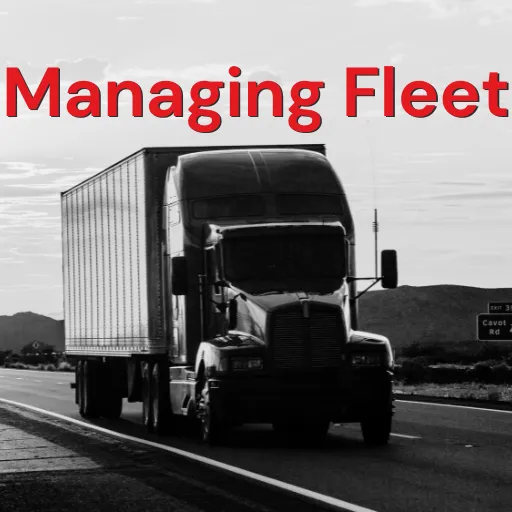| FREE Consult!
Read Our Latest Blog
These Blog Posts are to cover some of the most relevant topics, questions, and issues we see that is relevant to truckers and companies, regardless of size and load.

Managing Fleet Growth
Managing Fleet Growth: Strategic Compliance for Expanding Operations
Expanding your trucking operation presents significant opportunities for revenue growth, but it also introduces new compliance challenges that require careful management. This comprehensive guide explores how to scale your fleet while maintaining robust compliance across all regulatory requirements.
Understanding the Impact of Growth on Compliance
Fleet expansion fundamentally changes your compliance obligations. As your operation grows, you face increasingly complex regulatory requirements, more detailed reporting obligations, and the need for more sophisticated management systems. Each additional vehicle multiplies your documentation requirements while introducing new operational considerations.
Strategic Planning for Compliant Growth
Successful fleet expansion requires careful coordination between operational goals and compliance capabilities. Your growth strategy must account for both immediate regulatory requirements and long-term compliance infrastructure needs.
Initial Assessment and Planning
Before adding vehicles to your fleet, conduct a thorough evaluation of your current compliance systems. Consider whether your existing processes can scale effectively or require enhancement. This evaluation should examine your capabilities in several critical areas:
Documentation management becomes increasingly complex with each additional vehicle. Your systems must efficiently handle expanded record-keeping requirements while maintaining accessibility and organization.
Compliance monitoring needs typically expand beyond what a single person can manage effectively. Additional vehicles require more sophisticated tracking systems and often necessitate dedicated compliance personnel.
Financial planning must account for increased compliance costs, including registration fees, permits, and potential professional services. These costs should factor into your growth projections and operational budgets.
Implementing Scalable Compliance Systems
As your fleet grows, manual processes often become unsustainable. Implementing scalable systems early in your growth trajectory helps prevent operational disruptions and compliance failures.
Technology Integration
Modern fleet management requires sophisticated technological solutions. Consider implementing systems that provide:
Automated mileage tracking and jurisdiction reporting helps maintain accurate records for IFTA and IRP compliance. These systems should scale easily as you add vehicles to your operation.
Digital document management ensures proper organization and retention of essential records. Your system should accommodate growing documentation requirements while maintaining accessibility.
Integrated compliance calendars help track deadlines across multiple vehicles and requirements. These tools become increasingly vital as filing obligations multiply.
Managing Multiple Compliance Requirements
Fleet growth compounds the complexity of managing various compliance obligations. Each additional vehicle introduces new requirements across multiple regulatory areas.
Coordinated Compliance Management
Successful operators develop systematic approaches to managing multiple compliance requirements:
Create comprehensive compliance calendars that track all obligations across your fleet. These calendars should account for vehicle-specific requirements and general operational deadlines.
Establish clear processes for monitoring and maintaining compliance across all areas. These processes should scale efficiently as your fleet grows.
Implement regular compliance audits to identify and address potential issues before they impact operations. These reviews become increasingly important as your operation expands.
Professional Support Considerations
As fleets grow, many operators find that professional compliance support becomes increasingly valuable. Consider these factors when evaluating your needs:
The complexity of managing multiple compliance requirements often exceeds in-house capabilities. Professional services can provide expertise across all regulatory areas.
Time management becomes more challenging as compliance obligations multiply. Outsourcing certain compliance functions often proves more cost-effective than developing internal capabilities.
Risk management takes on greater importance as operations expand. Professional support helps protect your growing investment by ensuring consistent compliance.
Training and Staff Development
Growing fleets require well-trained personnel who understand compliance requirements. Develop comprehensive training programs that address:
Initial compliance training for all new staff ensures consistent understanding of requirements. This training should cover both general compliance principles and specific operational procedures.
Ongoing education keeps staff current with changing regulations and requirements. Regular updates help maintain high compliance standards across your operation.
Documentation procedures need clear communication and consistent implementation. All personnel should understand their role in maintaining compliance records.
Financial Planning for Compliant Growth
Expanding operations require careful financial planning to maintain proper compliance funding:
Budget for increased compliance costs across all regulatory areas. These costs typically grow non-linearly as fleets expand.
Maintain adequate reserves for unexpected compliance needs or regulatory changes. These reserves protect your operation during challenging periods.
Consider the cost-benefit ratio of various compliance management approaches. Professional services often provide economies of scale for growing operations.
Maintaining Operational Efficiency
Growth should enhance rather than hinder operational efficiency. Consider these strategies:
Develop standardized procedures that scale effectively with fleet size. These procedures should maintain compliance while supporting operational goals.
Implement regular review processes to identify and address inefficiencies. These reviews help optimize both compliance and operational performance.
Create clear communication channels between compliance management and operations staff. Effective communication helps prevent compliance-related disruptions.
Planning for Long-term Success
Sustainable growth requires long-term planning and consistent execution. Consider these key elements:
Establish clear growth milestones that account for compliance capabilities. These milestones should align operational expansion with compliance infrastructure development.
Build relationships with reliable compliance partners who can support your growth. These partnerships often prove crucial during expansion phases.
Maintain flexibility in your compliance systems to accommodate future growth. Your infrastructure should support both current needs and future expansion.
Moving Forward
Whether managing compliance internally or seeking professional support, understanding these fundamentals helps you make informed decisions about your operation's growth strategy.
Ready to scale your fleet while maintaining strong compliance? Schedule a free consultation to discuss your growth strategy.

